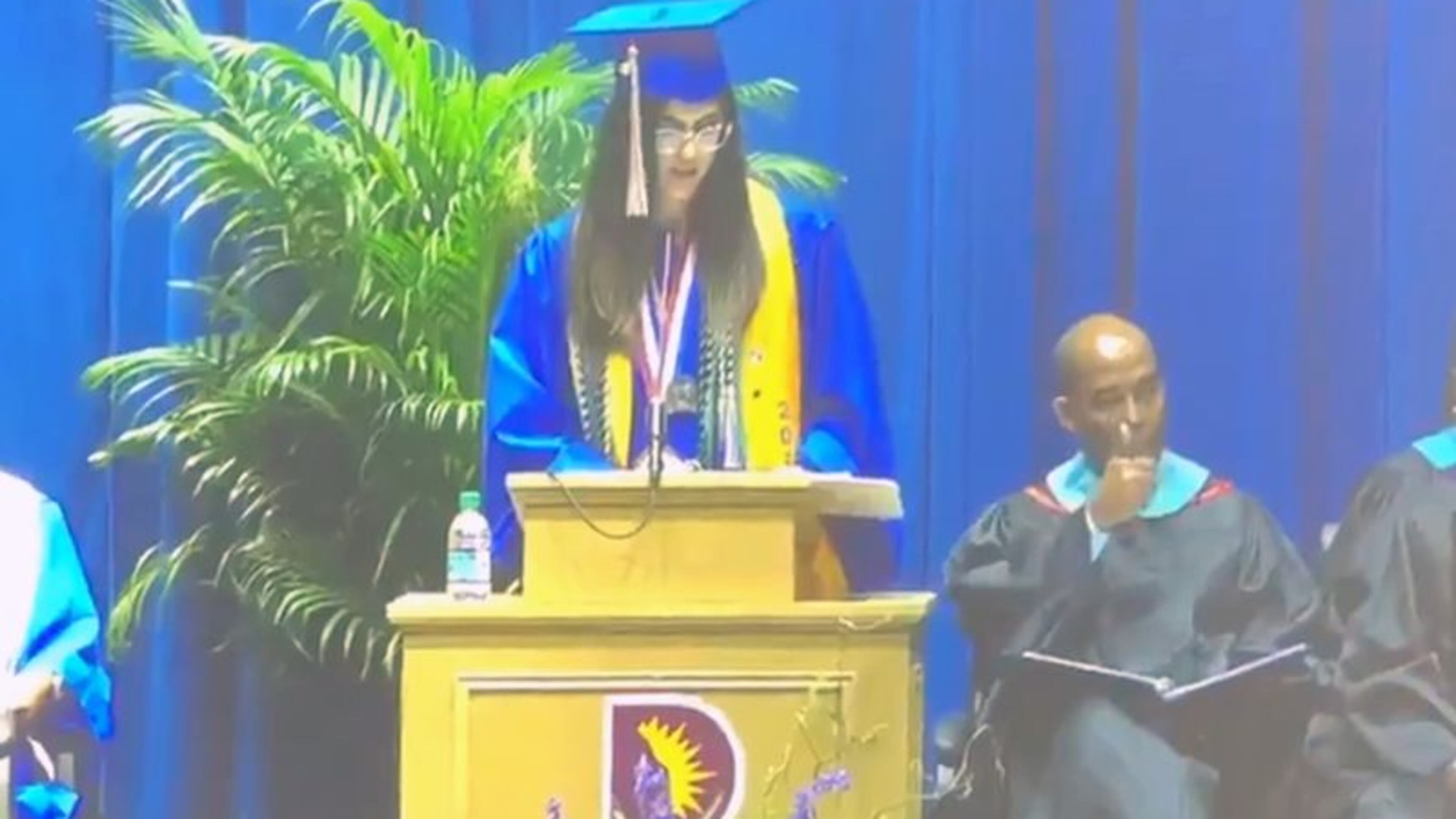Do schools fear mavericks, whether teachers or students?

Every year there are news accounts of schools preventing their valedictorians from speaking at graduation or cutting them off in mid-sentence because something they said panicked an administrator.
In the last week, a high school in Dallas, Texas, turned off the microphone of its valedictorian during her graduation speech after she cited shooting victims Trayvon Martin and Tamir Rice. A Tampa valedictorian was not permitted to deliver her speech at commencement because she had not recorded it for review, a last-minute request the student said she couldn't accommodate because of an exam and her job.
I have always been struck by how much schools fear any sort of disruption, and not just in terms of bold student speakers. Over the years, I’ve seen administrators target maverick teachers who challenge the status quo or innovate a little too much in their classrooms.
In many of the cases, it hasn’t mattered that the teachers were effective with students or beloved by them. I knew a teacher who taught the most advanced readers and decided to abandon worksheets and allow her students to read and stage plays. The kids enjoyed it, but the school ordered her to return to the worksheets that the other classes were using. She quit to go elsewhere.
When you break off from the herd, the risk of attack rises. Teachers who question policy or balk at following a script can get labeled as not being team players. Administrators who care more about the students than the process can be bypassed for promotions because their advocacy and activism are viewed as troublesome.
Districts seem to bypass passionate educators in favor of bureaucrats who will count pencils and talk at staff meetings for an hour without ever saying anything. The people selected to become school leaders are often safe bets.
Passionate and committed people can be demanding, exhausting and unreasonable. Rather than predictable speeches about staying true to yourself or following your dream, they mount the stage and urge revolution.



